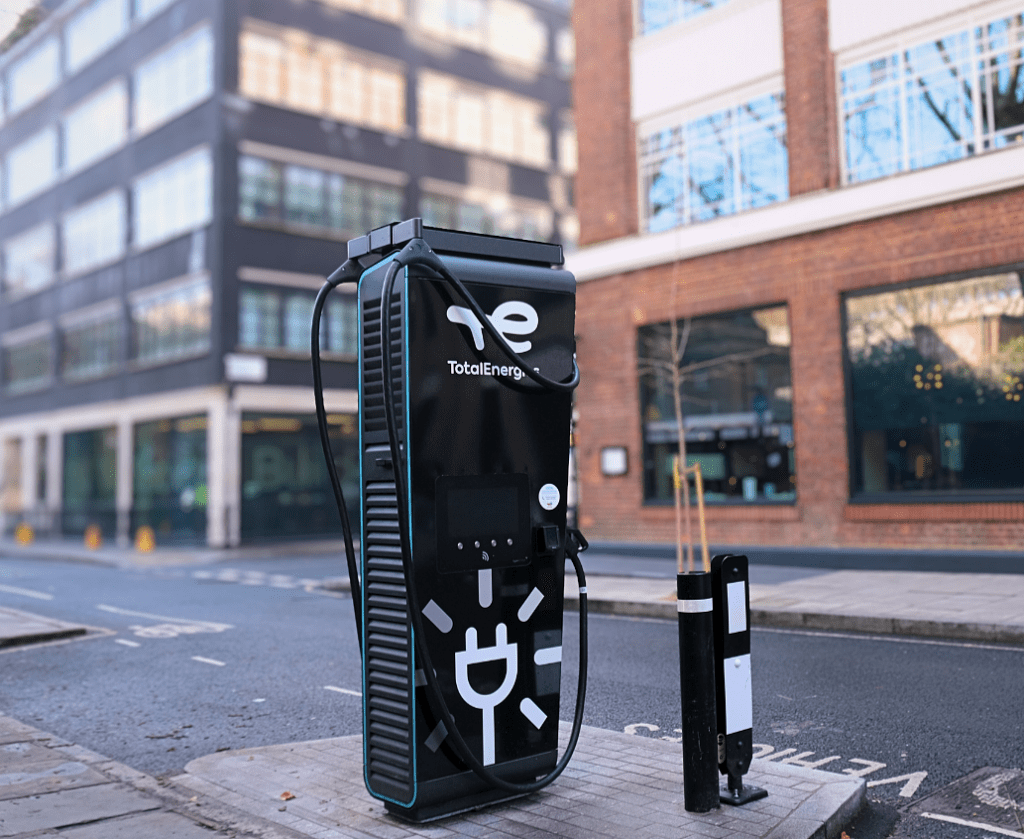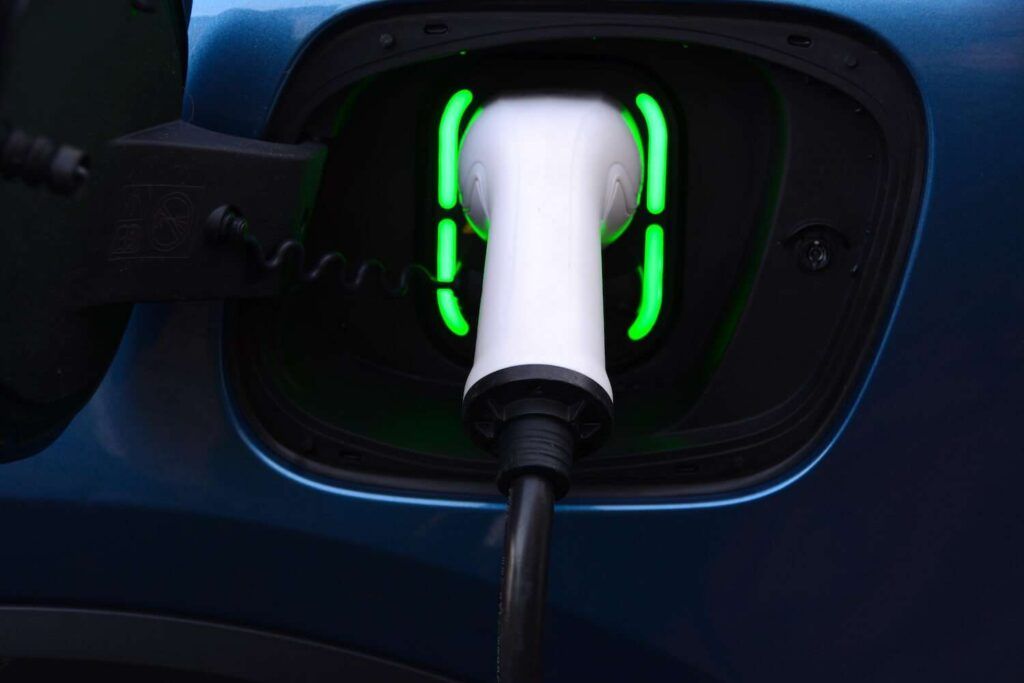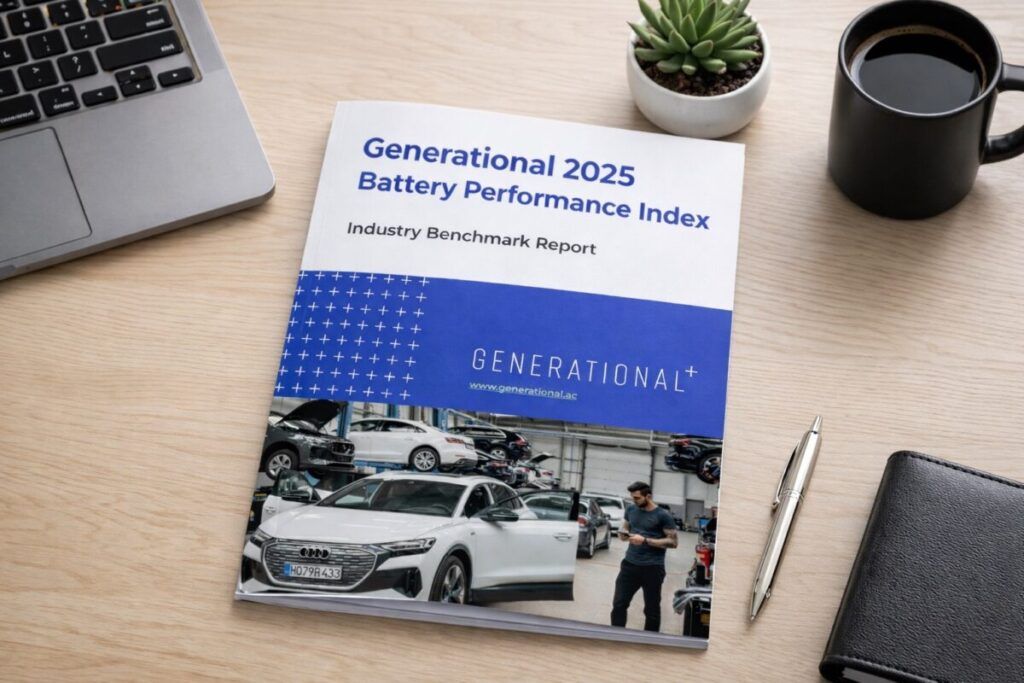The UK Government has announced a £650 million electric vehicle (EV) grant scheme, worth up to £3,750 per car at the point of sale, for new eligible EVs priced at or under £37,000.
The move from the Department for Transport, which has been welcomed by the industry after years of calls for more government incentives for private consumers to purchase EVs, was made as part of the government’s commitment to phase out the sale of new petrol and diesel cars by 2030.
Although EV sales have been growing in the last six months, and are currently around 25% of the new car market, this falls below the 28% required by the ZEV Mandate for 2025.
As a result, many trade associations and manufacturer groups, such as the SMMT, ChargeUK and Electric Vehicles UK, have been calling for the government to deliver fresh incentives to drive up purchasing. A previous scheme under the Conservative administration, which delivered up to £1500 off new vehicles and called the plug-in car grant, was scrapped in 2022.
The new £650m grant – called the Electric Car Grant (ECG) – will only be eligible for manufacturers who deliver vehicles “on the highest manufacturing sustainability standards”, the UK Government said.
Manufacturers must apply for zero emissions cars to be part of the scheme from 16 July, with funding to be made available until the 2028/29 financial year. Currently, 34 EV models are available from under £30,000.
The latest update also comes as the UK hits over 82,000 public chargepoints nationwide, with one added every 30 minutes, the government said, and £63 million to support at home charging for households without driveways.
Overall, the UK Government has invested £4.5bn on the transition to EVs to-date, including in charging infrastructure and technological innovation, alongside this new ECG announcement.
Transport Secretary Heidi Alexander said:
“This EV grant will not only allow people to keep more of their hard-earned money – it’ll help our automotive sector seize one of the biggest opportunities of the 21st century.
“And with over 82,000 public chargepoints now available across the UK, we’ve built the infrastructure families need to make the switch with confidence. This is our Plan for Change in action. We’re backing British drivers, British jobs and British growth.”
RAC head of policy Simon Williams said:
“Within weeks, discounted cars should start appearing at dealerships across the country. And, as the biggest savings will be given to cars with the strongest ‘green’ manufacturing credentials, drivers will be picking models that are not only better for their wallets, but better for the planet too.
“This is further welcome news following last week’s announcement about more funding for pavement gully charging solutions that will enable those without driveways to charge an EV at home. Together, these initiatives should mean more drivers than ever start benefitting from the lower costs of running an electric car.”
Vicky Read, CEO of ChargeUK said:
“This announcement is brilliant news – for drivers and for the UK’s transition to electric vehicles.
“With a commitment to invest £6bn through to 2030, the UK’s charging industry has rolled out infrastructure ahead of demand to ensure that when drivers switch the network is there to make charging as convenient as possible.
“Today’s package is another vital boost to the charging industry, helping it invest with confidence.”
Dan Caesar, CEO, Electric Vehicles UK said:
“A targeted incentive program is a significant step forward in encouraging consumers to buy battery electric vehicles, and to make them more accessible.
“While battery-only EVs are much cheaper to buy and run than most realise, surveys show that cost misperceptions are the primary reason for hesitance.”
John Lewis, CEO, char.gy, said:
“Combined with the introduction of the price cap and the additional funding for on-street charge points, we can get more affordable cars on the road and more people enjoying the benefits of EVs.
“The outcome will be cleaner air for all and more cash in the consumer’s wallet as they enjoy the long-term savings of driving electric.”
Ginny Buckley, the chief executive of Electrifying.com, the electric car buying and advice site said:
“Nearly one in two new electric models are now more affordable thanks to these long-overdue incentives. Crucially, the support is aimed exactly where it’s needed most: from school-run staples to budget-friendly runarounds, the grants apply to cars that fit the needs of everyday drivers.
“Despite a new EV being registered every 60 seconds in June, sales to private buyers have stalled – and in our latest survey of 11,000 UK drivers, 76% told us upfront cost is the biggest barrier to making the switch. These returning incentives are the spark the private market needs to reignite momentum and give even more drivers the confidence to go electric.”
Delvin Lane, CEO, InstaVolt, said:
“With one-in-four new car buyers purchasing an EV, the DFT’s ECG initiative could not come at a better time. Together with the Government’s other recent actions to support EV customer growth – including improved signage for charging hubs which will unlock opportunities for retailers hosting EV charging points and boost EV consumer confidence – the ECG will be a major contributor to help further grow EV customer demand as we transition to an all-electric future.”
Andy Palmer, founder Palmer Energy Technology, said:
“The incentives being proposed are meaningful. Car pricing is elastic thus, all means that help achieve price parity with compatible ICE cars, will result in mass adoption of EVs.
“It is then incumbent on the car OEMs to use the volume hike to yield cost reduction to ultimately negate the need for incentives; we’ve seen this being done very successfully in China where price parity is already achieved, and EV marketshare is already circa 50%.”
Quentin Willson, Founder of Faircharge, said:
“I welcome this long overdue support for private EV buyers. The independent EV sector has been ploughing a lonely furrow highlighting the advantages of EV ownership and countering the myriad of misinformation and myths.
“We’re delighted to see that this government has listened and taken action.”
Matt Adams, Head of Transport and Innovation at the REA, said:
“Today’s announcement is a massive step forwards. Cost and convenience are the two main blockers to EV adoption. We must now work to ensure the second hand market has the necessary stimulus to increase demand.
“While breaking down continuing regulatory barriers that slow down and increase the cost of convenient charging options like onstreet and cross pavement charging solutions.”
Sue Robinson, Chief Executive of the National Franchised Dealers Association (NFDA), commented:
“NFDA welcomes the Government’s action to boost the electric vehicle market. We have continuously called for urgent measures to incentivise EV uptake, including improving charging infrastructure and providing financial incentives such as the former plug-in grant.
“The Government has taken positive steps in building a constructive relationship with the automotive industry who have voiced concerns over the ZEV Mandate’s ambitious targets.
In our response to the ZEV Mandate consultation, NFDA underscored the need for stronger incentives to boost consumer demand for electric vehicles. Our members are in the main EV ready, but they cannot sell EVs when so many are still perceived as representing poor value for money to the consumer. The ‘Cost of an EV’ has been consistently top of our surveys as to why a customer will not consider an EV. While this cost seems to be coming down, it is happening at a slower rate than the industry was hoping for. We have advocated for a return to an electric vehicle grant and called for improvements to inadequate charging infrastructure. It is vital that there is a coordinated and joined up approach to ensure that the transition to EVs is as consumer friendly as possible.”
Ian Plummer, Commercial Director of Auto Trader, said:
“We saw tax rises in April that have made it more expensive for people to drive electric vehicles, so incentives to help people buy one are welcome.
“We know that more consumers than ever are looking to make the switch, however many are still put off by the high upfront cost. There are now more EV models available than ever, varying in size and cost, so consumer choice is there.
“And as charging gets easier and with (possible) incentives for those without driveways, this should help reduce any lifestyle barriers people might have, providing even more peace of mind to make the switch.
“It’s especially heartening to see an element of sustainability standards being included in the grant scheme, aligning with our own focus on broader environmentally friendly vehicle choices, and we look forward to seeing the detail behind this.”
BVRLA Chief Executive, Toby Poston, said:
“Bit, by bit, the Government is chipping away at the barriers to EV adoption. Targeted incentives have powered the transition to date and now the Government is acting to widen the demand base for new electric cars by providing this grant. This generous grant will boost uptake in the retail market but could have serious repercussions for the used market, where rampant depreciation already has red warning lights flashing.
“Further stimulating new EV registrations without supporting the used market risks creating an even greater supply/demand imbalance, putting even more pressure on fast deflating second-hand values. The resulting losses will erode confidence and result in higher finance costs for new EVs, eliminating much of the benefit from the original grant.”
Vicky Edmonds, Chief Executive of EVA England, says:
“It is very welcome to see the Government has heard our longstanding calls for demand-led measures to guarantee the future of EVs at such a crucial time in the transition, when many drivers, especially those on lower incomes, are weighing up the affordability of the switch. Our members have consistently cited high upfront costs and public charging costs as the biggest barriers to switching, and today’s announcement builds well on the additional £25m promised funding to expand access to home charging through cross pavement solutions – helping to remove a severe hurdle for the 40% of drivers without private driveways. As always the devil is in the details, however, and we’ll be looking carefully at how this considerable uplift in funding will be rolled out to ensure it delivers real savings for drivers.”
Image from Shutterstock












